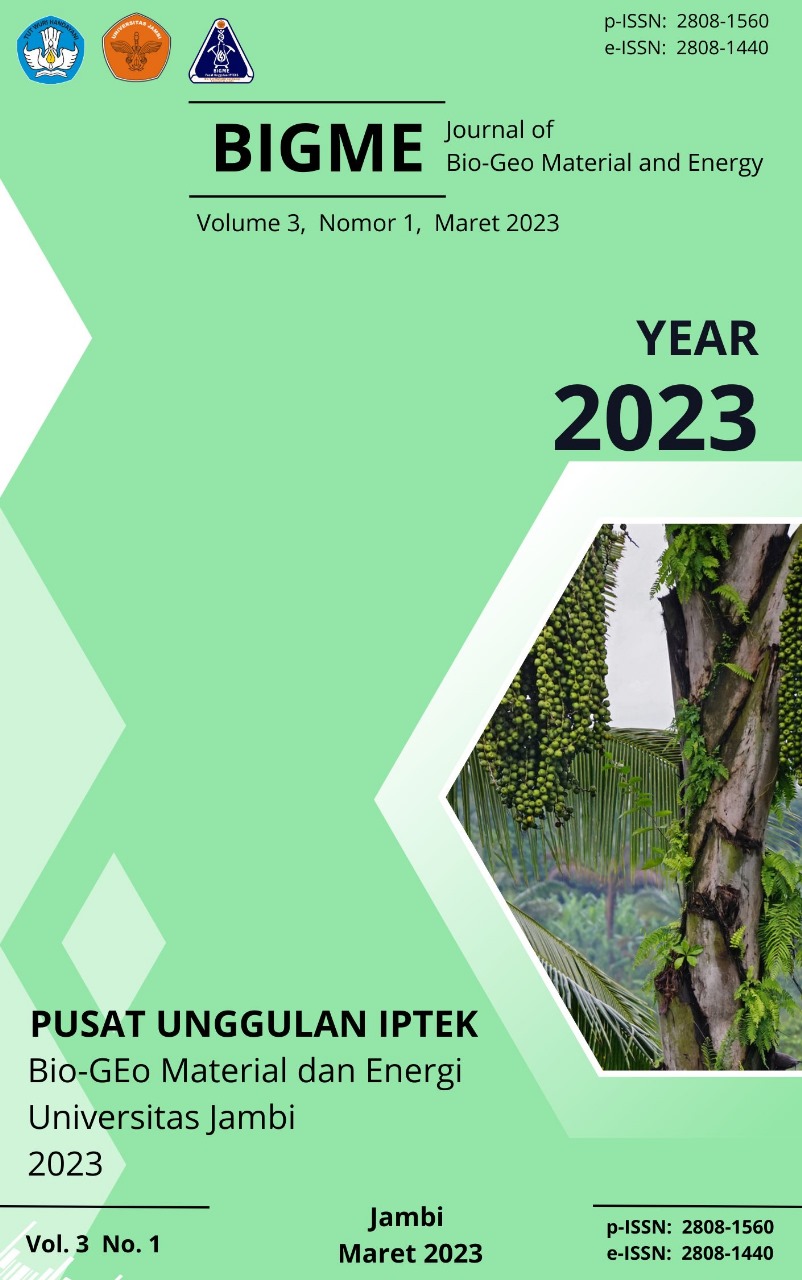The Effect of Various Processing Processes on The Characteristics of Avocado Seed Flour (Persea an Americana mill)
Avocado seed flour
DOI:
https://doi.org/10.22437/bigme.v3i1.30794Abstract
This study was conducted to determine the various processing, of avocado the characteristic seed flour, and well to find out the influence processing of avocado the characteristic seed flour levels. This research was conducted using a Completely Randomized Design (RAL) with five treatment techniques namely without treatmant, soaking in the water for 30 minutes, soaking in the water for 12 hours, boiling in the water at 80 ° C, steam blanching 100 ° C for 10 minutes. Each treatment was repeated 4 times, so that 20 experimental units were obtained. The data obtained were analyzed using the analysis of variance (ANOVA) at 5% and 1% levels. Parameter with significantly affect was further analyzed using duncan's new multiple range test (DnMRT) at the 5% level. Processing techniques have a very significant effect on tannin contant , activitis antioxidants and the color of the flour produced. Soaking in 30 minutes of water, soaking in water for 12 hours, boiling blanching at 80 ° C, and steam blanching for 10 minutes produce flour with tannin content that is not statistically different according to the DnMRT test, but soaking in water for 30 minutes and immersion in water for 12 hours produces flour with higher antioxidant activity than boiling blanching at 80 ° C and steam blanching for 10 minutes at 100 ° C. Thus the 30 minute soaking treatment was chosen as the best treatment that produced avocado seed flour with characteristics: tannin content 62.23 μg ATE / g, antioxidant activity value 62.82%, color test value L * 56, + a * 13 , 40, + b * 27.60, 7.25% moisture content
Downloads
Downloads
Published
How to Cite
Issue
Section
License
Copyright (c) 2024 Indah Utari, Irma Rahmayani

This work is licensed under a Creative Commons Attribution 4.0 International License.














